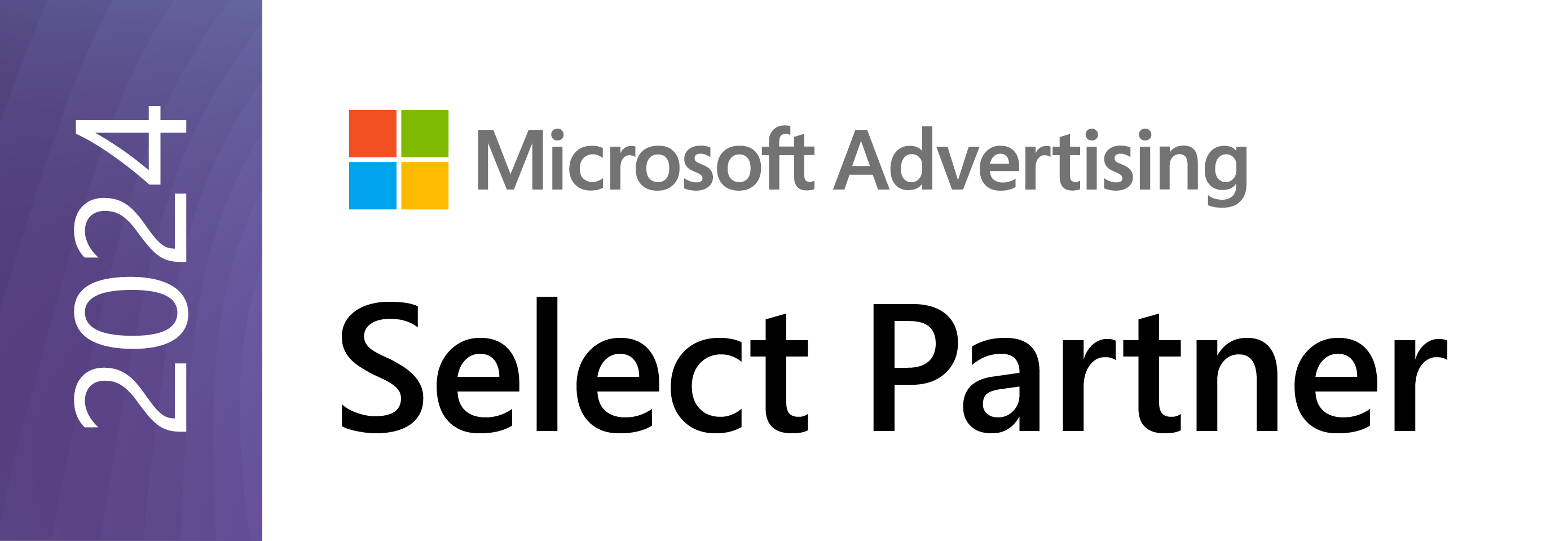
Mastering the Art of Reputation Management Services
Navigating the complexities of reputation management services requires a strategic balance between active engagement and vigilant monitoring. Consider how integral online perception is to the success of any brand. As you delve into the art of mastering reputation management, you will find that it hinges on employing effective strategies tailored to safeguard and enhance your brand’s image. Reputation monitoring services play a crucial role in identifying potential risks and opportunities. By understanding the nuances of brand reputation management, you can proactively address customer feedback and cultivate a positive dialogue, ultimately steering public perception to align with your desired brand narrative.

Understanding Reputation Management
Reputation management involves guiding public perception of your brand online and offline. It’s an ongoing effort of crafting and polishing your brand’s image to align with both your values and audience expectations. The process often includes addressing customer concerns and leveraging positive engagements to reinforce your brand identity. Reputation monitoring services help you stay ahead of potential issues, ensuring that you can respond swiftly and effectively.
Understanding the critical role of reputation management can’t be overstated. Did you know? According to surveys, approximately 84% of people trust online reviews as much as personal recommendations. This staggering fact underscores the importance of maintaining an impeccable brand presence, as digital impressions can significantly influence consumer decisions and the overall public perception of your brand.
To effectively manage your brand’s reputation, it’s essential to tap into feedback and conversations that mention your company. Utilizing reputation monitoring services allows you to track mentions across various platforms, ensuring you’re aware of what’s being said in real-time. This proactive approach allows you to engage positively, addressing any misconceptions and fostering a trustworthy brand narrative.
Identity consolidation and consistency in messaging are crucial components of reputation management. By consistently monitoring and adjusting your brand communication strategy, you can create a cohesive image that resonates with your audience. This alignment not only strengthens your brand but also builds lasting loyalty, ultimately enhancing your brand reputation management efforts.

Tools and Techniques Used in Reputation Management
Managing your online presence effectively involves employing a range of tools and techniques designed to bolster your brand’s image. Social media management tools, such as Hootsuite and Buffer, allow you to schedule posts and monitor interactions across platforms. Additionally, SEO tools are essential for improving visibility, ensuring that your brand’s content appears prominently in search results. These tools collectively contribute to a stronger brand reputation management capability.
Monitoring your brand’s online mentions is crucial for maintaining a favorable public perception. Reputation monitoring services like Google Alerts and mention tracking tools help you quickly identify and address any negative feedback. The current state of reputation management reveals a growing reliance on advanced analytics to forecast potential threats and opportunities. Analyzing trends in discussions about your brand allows you to shape proactive strategies for engagement.
Establishing an effective reputation management strategy also involves using sentiment analysis tools. These tools help you understand the tone of conversations around your brand, guiding you in addressing issues appropriately. By tapping into brand reputation management insights, you can adjust your strategies based on consumer feedback and trends. This dynamic approach ensures that your brand remains resilient in the face of evolving online landscapes.

The Role of Social Media in Reputation Management
Social media is a powerful tool in the landscape of brand reputation management, acting as both a platform for engagement and a mirror reflecting public sentiment. It’s where conversations about your brand can happen spontaneously, offering insights into how people perceive your company’s actions and values. Effective reputation management often hinges on your ability to manage and respond to these interactions gracefully, turning potential risks into opportunities for brand enhancement.
Instant feedback from consumers on social media provides valuable data that can inform your brand’s strategy. By utilizing reputation monitoring services, you can keep tabs on the evolving conversation around your brand in real-time. These services help you address concerns promptly and harness positive feedback to strengthen your company’s reputation, making social media a vital component in managing your brand narrative.
Engaging authentically on social media can cultivate trust and loyalty among your audience. By participating in conversations and showing genuine consideration for customer concerns, you reinforce your brand’s image as responsive and caring. One unpopular opinion about social media’s role in reputation management is that sometimes less direct engagement can actually enhance your reputation by creating a sense of exclusivity and demand.
Regularly analyzing social media metrics helps you track the effectiveness of your engagement efforts. This analysis can reveal trends about what resonates with your audience, allowing you to refine your communication strategies accordingly. As part of a broader brand reputation management strategy, social media offers a dynamic and fluid means of maintaining your brand’s standing in the online sphere.
Social media platforms provide a unique opportunity to humanize your brand and build a community around shared values and interests. By consistently aligning your brand’s messaging with your core values across social media channels, you can foster a loyal following that advocates for your brand. This active community not only enhances brand reputation management efforts but also acts as an informal ambassador for your products and services.

Steps to Build a Strong Reputation
Building a strong reputation involves a multi-faceted approach that starts with understanding your brand’s core values and translating these into consistent actions. It’s crucial to convey these values clearly through all brand communications, ensuring that your audience perceives your brand as authentic and reliable. Maintaining a clear and consistent message forms the foundation of effective brand reputation management.
Active engagement with your audience is essential for cultivating a positive reputation. This includes listening to feedback and participating in meaningful dialogues. While many believe that launching frequent marketing campaigns is the best strategy for engagement, there’s a strong case for focusing on genuine interactions that build long-term relationships rather than short-term visibility.
Utilize reputation monitoring services to stay informed about brand mentions and sentiment. These tools allow you to quickly identify potential issues and respond with appropriate actions, preventing minor concerns from escalating into more significant problems. By monitoring your brand’s reputation proactively, you can address challenges with transparency and maintain public trust.
Another pivotal step is to encourage and promote positive reviews and testimonials. These endorsements serve as social proof and significantly influence potential customers’ perceptions. By actively requesting and showcasing positive feedback, you can enhance your brand’s credibility and trustworthiness, reinforcing a solid reputation in the eyes of your audience.

Common Challenges and How to Overcome Them
Managing your brand’s reputation involves navigating several common challenges, such as addressing negative reviews and combating misinformation. Tracing its evolution from the early days of public relations in the late 19th century, reputation management has always required a careful balance between responding to public opinion and steering it in a constructive direction. Today, with the rapid spread of information online, the challenge is more about agility and transparency.
Another frequent obstacle is maintaining consistency across all communication channels. Inconsistent messaging can confuse your audience and weaken your brand reputation management efforts. To overcome this, it’s crucial to implement a unified communication strategy that aligns with your brand’s values and goals. Reputation monitoring services play a vital role in ensuring your message is cohesive and effective, helping you to swiftly address inconsistencies and reinforce a strong, positive brand narrative.

Success Stories from Businesses
Successful reputation management stories abound, highlighting how businesses have turned challenges into opportunities. Starbucks, for example, successfully enhanced its brand reputation through robust engagement on social media platforms. By actively listening to customer feedback and addressing concerns transparently, Starbucks managed to transform customer experiences and strengthen its brand image.
In another instance, tech giant Apple has mastered brand reputation management by fostering a community around its innovative products and customer-centric approach. Through reputation monitoring services, Apple consistently gathers feedback and integrates it into their product development processes. This approach ensures that they not only meet but often exceed customer expectations, reinforcing their status as a leader in the tech industry.
For example, in the hospitality industry, the Ritz-Carlton is renowned for its exceptional customer service and meticulous attention to detail. This reputation did not happen by accident; rather, it is a result of carefully crafted brand reputation management strategies, including personalized customer interactions and high-quality service. Such dedication has earned the Ritz-Carlton a loyal customer base and a distinguished place in luxury accommodations.
In retail, Nike exemplifies how storytelling and brand loyalty can effectively reinforce a brand’s reputation. By aligning their marketing campaigns with societal issues their customers care about, Nike has managed to stay relevant and respected. Their commitment to sustainability and innovation, actively communicated through various platforms, has solidified their position as a brand that stands for more than just athletic wear.
These success stories reflect how strategic reputation management can drive positive outcomes and ensure the longevity of a brand in today’s competitive market. By learning from these examples, you can tailor your strategies to harness the power of reputation to benefit your business and foster sustained growth.



